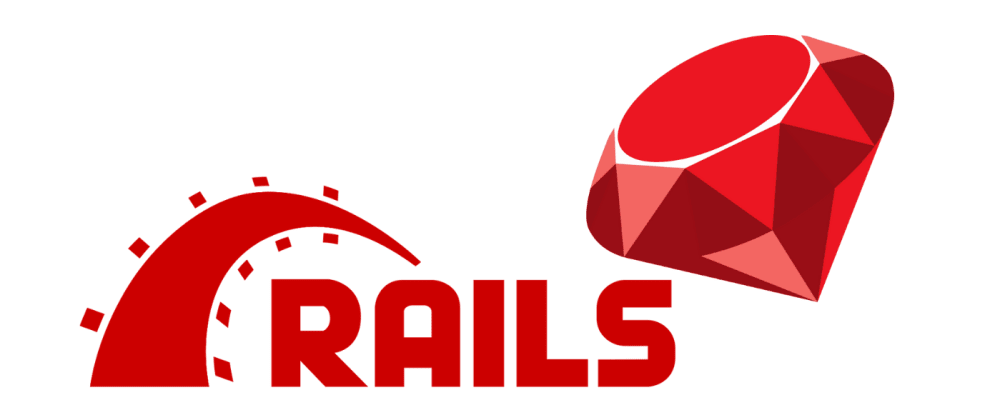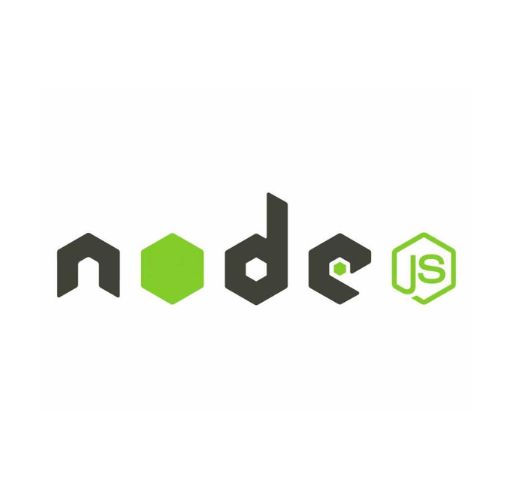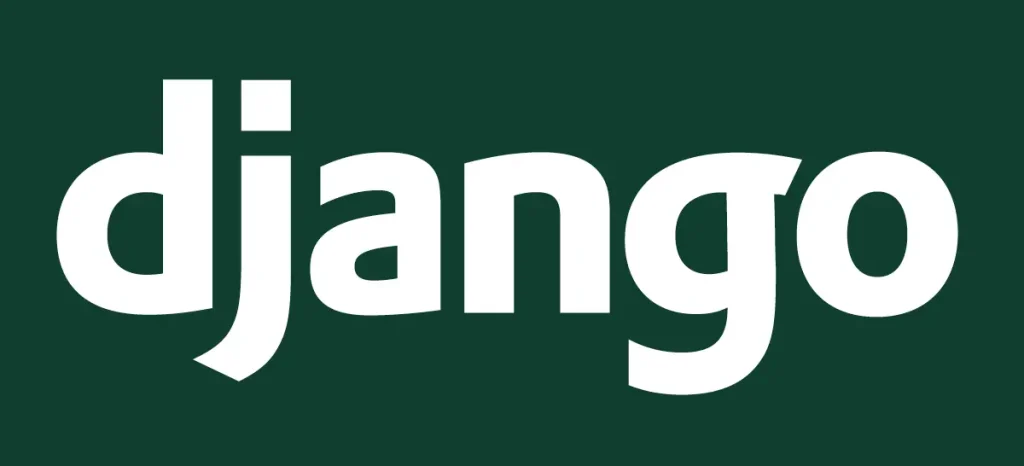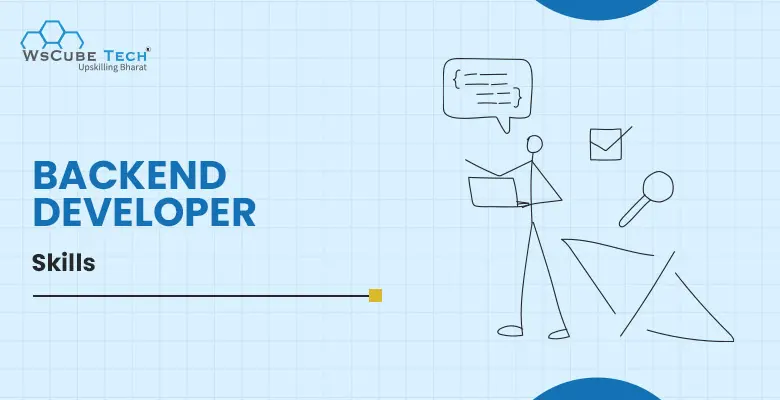Every day, people search for or visit several websites. However, many need to learn that the sites are split into 2 distinct parts; one of them is the backend. This job requires specialized skills along with a bit of creativity. Hence, it is no wonder that people with in-depth knowledge about the technicalities and technologies in this field are always in high demand.
Are you interested in joining this world, too? This backend developer skills blog will help you learn how to use it. Here, we shall discuss the aspects you must know and the backend developer skills required for a successful career.
What are Backend Developer Skills?
Backend developer skills are a combination of soft and technical skills needed to carry out all backend developer tasks. Technical skills are a must for working with server-side scripting languages, APIs, and database management tools. However, for a successful career in backend development, you must also possess soft skills like communication, problem-solving, and creativity. Do you want to become a backend developer? Read our blog on How to Become Backend Developer? 2025 Roadmap and Tips.
Upskill Yourself With Live Training
| Recommended Courses for You | Book Live Class for FREE! |
| Full Stack Web Development Course | Book Now |
| WordPress Course | Book Now |
| Front-End Development Course | Book Now |

Top 14 Skills for Backend Developer
Let’s look at some skills you should have as a backend engineer. You should work towards acquiring these must-have skills to crack backend developer interviews at the biggest tech companies.
1. Backend Programming Languages
Backend developers use multiple programming languages. The two main categories are:
a) OOP (Object-oriented Programming):
This organizes code into reusable class and object building blocks. Popular languages include Java, .NET, Python, etc.
b) Functional Programming:
Aims on mathematical functions, minimizing shared data. Languages like Clojure, Haskell, SQL, etc.
2. Database Knowledge
Every website requires a database to deal with client data. A database stores the data and website content in a way that makes it easy to recover, arrange, modify, and store data.
Two types of databases available in the market are:
a) SQL: A SQL database is one where the data is tabulated in a table, and each is linked. They work on queries and produce results depending on them. Example: PostgreSQL, MySQL.
b) NoSQL: Here, there’s no need to structure the data beforehand. NoSQL databases work basically on JSON and XML. Example: Cassandra, MongoDB.
Also Read: Coding vs. Programming (Difference & Comparision)
3. API Knowledge
Application Programming Interfaces facilitate software communication while helping various systems talk to each other, using HTTP methods like GET, POST, PUT, and DELETE. Backend developers create APIs to fetch user data, improving user experience.
4. Cyber Security Awareness
With the growing number of cyber threats, backend developers must prioritize security. Knowledge of the best practices for securing web apps, knowing common vulnerabilities, and implementing appropriate authentication and authorization mechanisms are necessary.
5. Knowledge of Servers
Each web application runs a remote PC known as a server. The rem server commonly refers to the computer system that requests web-based files, including HTML, CSS, Javascript, etc., and forwards those files to the client.
Servers are the commonly used channel to deliver essential pieces of information; most servers are never turned off. This part of the servers makes it necessary for a backend developer to know about it. Examples: IIS Servers, Apache, Microsoft IIS, Nginx.
6. Frontend Technology Knowledge
In the world of backend technology, a touch of frontend knowledge significantly elevates your capabilities. Knowing the fundamental frontend web development technology languages like HTML, CSS, and Javascript is a must, as they give you the power to communicate with the computers, instruct them, and create engaging user experiences. Enroll in an online Frontend Development Course and get hired by top MNCs.
7. Backend Frameworks Knowledge
Along with choosing a type of programming language, you must embrace its ecosystem with backend frameworks. These frameworks streamline your development process, giving ready-to-use tools and libraries.
Below are a few standout options:
a) Ruby on Rails:

This open-source framework, written in Ruby, crafts seamless web apps and is packed with automated testing, libraries, and scaffolding. It’s your ticket to efficient localization.
b) Node.js:

An open-source platform for back-end development. With Javascript at its center, it’s a maestro framework that’s cross-platform and compatible with Linux, Windows, and macOS.
c) Express.js:

Built on the blocks of Node.js. Its glaring speed and reliability make it a favorite among backend developers. It is ideal for APIs, and it shines in crafting web and mobile applications.
Also Read: Full Stack Developer Skills to Master in 2025
d) Django:

An open-source gem that has captured the developer’s heart. Django’s magic lies in its nominal code requirements and rapid app development prowess.
e) Flask:

A Python-based framework for present-day creations. From WSGI assistance to quick templating, it boasts an in-built development server.
8. Version Control System
With code’s evolution, version control systems become invaluable. These systems track code changes, making reverting to previous versions and safeguarding your source code easier.
Below are some noteworthy systems:
a) AWS Code Commit: Amazon’s secure version control system is perfect for managing source code and data.
b) GitHub: A famous open-source community repository that fosters collaboration and contribution among developers.
c) GitLab: A comprehensive platform that enables collaboration and efficient software development through streamlined communication.
Interview Questions for You to Prepare for Jobs
9. DSA (Data Structures and Algorithms)
Effective data management is paramount. A powerful grasp of data structures and algorithms secures efficient data handling, retrieval, and memory management. These concepts optimize code and improve backend prowess.
10. Proficiency in Testing and Debugging
Backend developers must be experts in testing and debugging the applications. Familiarity with unit testing frameworks and debugging tools is pivotal to discovering and fixing issues immediately and efficiently.
11. Knowledge of Serverless Architecture
Serverless architecture has become popular because of its scalability and cost-effectiveness. Backend developers must have hands-on experience with serverless platforms like Azure Functions and AWS lambda.
Also Read: 12 Best Web Development Frameworks (Front-end & Back-end)
12. Communication
Backend development thrives on effective collaboration. Despite the acute focus, you must communicate proficiently with your team, prospects, and managers. Successful projects rely on understandable discussions and idea exchanges. Hone your communication skills for harmonious teamwork.
13. Problem-solving
Backend developers are troubleshooters of the digital world. Cultivate your problem-solving skills to navigate difficulties seamlessly. Your role involves keeping sites running smoothly and making strong problem-solving abilities an indispensable asset.
14. Critical Thinking
Sharpening your critical thinking as a back-end developer helps you analyze complex problems, identify patterns quickly, and come up with innovative solutions to the issues you face. Pushing the limits of your critical thinking skills also fosters a more systematic and strategic approach to coding and architecting solid and efficient solutions.
15. Adaptability to Emerging Technologies
The tech landscape is evolving constantly, with new tools, web development frameworks, and paradigms emerging regularly. Those who are quick to learn and integrate new technologies into their skill sets can drive innovation and maintain a competitive edge.

Backend Developer Skills by Experience Level
The skillset required of backend developers evolves significantly as they advance. Recognizing which skills are essential at each career stage is crucial for backend developers who aim to progress and succeed.
1. Entry-level Backend Developer Skills
Entry-level backend developers should focus on gaining a strong understanding of programming languages like Ruby, Python, or Java. They must be proficient in database management with systems like MySQL or PostgreSQL and have basic knowledge of version control tools like Git.
Familiarity with server-side frameworks, RESTful API development, and an understanding of the software development lifecycle is also crucial. These foundational skills are critical for contributing to back-end codebases, debugging easy issues, and collaborating with frontend developers and other team members.
2. Mid-level backend Developer Skills
Mid-level backend developers must know advanced database design, data modeling, and caching strategies and have experience with containerization and orchestration technologies such as Docker and Kubernetes.
Skills in writing clean, maintainable code and implementing design patterns have become increasingly important. They should also develop a keen sense of how back-end services impact overall system performance and user experience, enabling them to optimize and refactor code for better efficiency.
3. Senior backend developer Skills
Senior backend developers must excel in system architecture design and make decisions ensuring scalability and security. They should have a firm grasp of cloud services and infrastructure, such as AWS, Azure, or Google Cloud Platform. Leadership skills are paramount, as senior developers often mentor junior team members and lead cross-functional project teams.
They must also be skilled in advanced areas like microservices architecture and continuous integration/continuous deployment (CI/CD) practices and able to drive technical strategy aligned with business objectives. Their role often involves significant stakeholder management, requiring excellent communication skills and the ability to negotiate and influence at higher levels of the organization.
Also Read: Careers in Web Development (Paths & Opportunities in 2025)
FAQs on Backend Developer Skills
The frontend is the user-facing part, while the backend is the server-side. Both are crucial, but their roles, responsibilities, and work environments differ. The front end is what users see, while the back-end is the engine that powers everything behind the scenes.
Back-end developers should know at least one backend and server-side programming language. They must also learn how to create, read, update, and delete (CRUD operations) data from a database and transmit it to the user-facing side of the server. Back-end developers must be proficient in handling APIs, HTTP protocols, and version control systems like Git.
Mastering problem-solving is not just a skill but a necessity for backend developers. They often encounter intricate issues, such as optimizing database queries and ensuring data security. The ability to solve these problems efficiently leads to reliable solutions.
Backend developers work closely with frontend developers, designers, and project managers. Effective communication and interpersonal skills are vital so that everyone is aligned on project timelines, objectives, and requirements, facilitating seamless teamwork.
A solid understanding of DSA can be beneficial, but it’s only sometimes necessary for every backend development role. However, grasping basic data structures like arrays, linked lists, stacks, and queues and knowing how to use algorithms like sorting and searching can undoubtedly give you a leg up when tackling programming problems.
Back-end developer interview questions mainly focus on core DSA concepts like arrays, strings, linked lists, recursion, tables, graphs, and trees, and core design concepts such as databases, network protocols, sharding techniques, loading, caching, file systems, online processing systems, and servers.
Conclusion
Back-end development plays a crucial role in the success of web applications and software systems. Proficiency in backend programming languages, frameworks, data structures, and problem-solving is essential. Additionally, staying updated with emerging technologies and tools is a continuous process for a backend developer. Whether you are just starting your journey as a backend developer or looking to enhance your skills, this guide offers valuable insights to help you succeed in this ever-evolving field.
Want to be a full-stack web developer? WsCube Tech’s Full-stack web development course is the best way to learn full-stack web development. The course is comprehensive, affordable, and taught by experienced instructors. Enrol now and start your journey to becoming a full-stack web developer!
Read more blogs:


